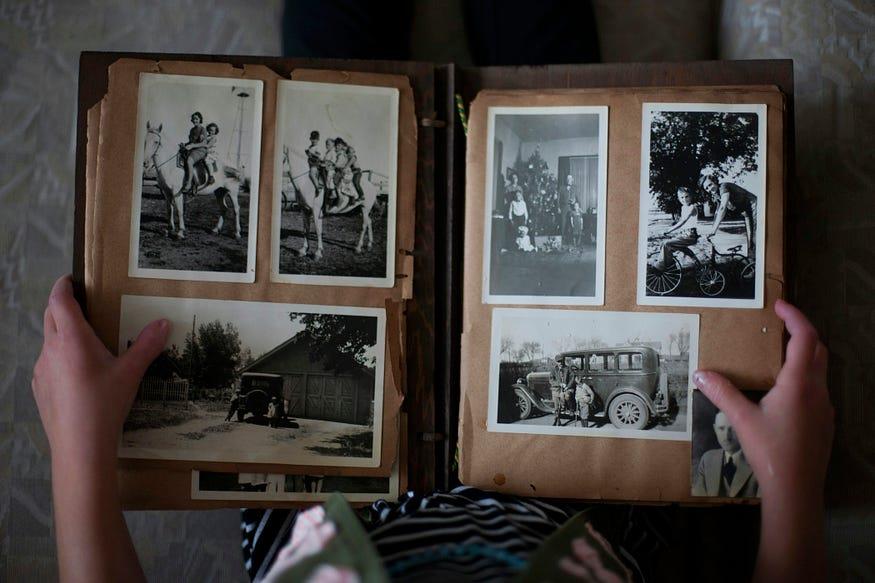Last week, I awoke from a sound sleep with a feeling of intense sadness. I lay there for what felt like an eternity, struggling with the weight of this overpowering emotion. A sense of unease crept over me as I lay in the darkness.
I couldn’t shake the feeling of a presence nearby. I listened intently, holding my breath. I was afraid someone had broken into my home and was confused as to why the alarm didn’t activate.
Attempting to dismiss the feeling as mere stress from the week, I reluctantly accepted that sleep would elude me. So I reached for my phone and opened Facebook, and there it was—the obituary for my dear friend, Lilly, whom I loved, adored, and respected.
Shocked, I felt a deep sense of peace come over me, and I couldn’t help but wonder if Lilly was the presence I felt.
Was it Lilly who woke me from my sound sleep to say goodbye?
As I read the beautifully written obituary, I said a quiet prayer that her journey home was peaceful and that she found eternal rest and comfort in the embrace of loved ones who had gone before her.
Later in the week, there was a small gathering at her home. As friends and family gathered around, reminiscing about their cherished memories of her, I was surprised by several guests who felt compelled to share their stories of lost loved ones and the trauma they experienced.
And if that wasn’t enough, they proceeded to tell Lilly’s husband and children how they “should” feel and the best way to process their grief.
While I understood they meant well, I believe exercising heightened sensitivity during these difficult times is critical.
There’s a delicate balance to strike, and telling someone how to feel or how to process their grief can inadvertently add to their burden as they cope with loss and the void it leaves behind.
Instead, we should offer support and understanding, allowing individuals the space to work through their grief in their own way.
Each person’s journey is unique, and respecting where they’re at in their grief process is essential.
It’s also important to recognize that healing is not linear. Instead, it’s a deeply personal journey that unfolds at its own pace, and we should allow others to feel their emotions without judgment or expectation.
Honoring your feelings and allowing yourself to grieve in whatever feels right for you is okay.
As I sat there listening to what seemed to turn into a competition of who had the worst grief story, I was bothered by the lack of compassion for Lilly’s children and husband, suggesting we go outside and get some fresh air.
While we were outside, Lily’s husband confided in me about his apprehension regarding the upcoming memorial service, especially considering the insensitivity of some of the guests. He felt he couldn’t endure that again.
Seeking advice, he asked me what I would do. I recommended celebrating Lily’s life by sharing joyful memories and focusing on the good times.
I mentioned that the first three letters in “Funeral” spell “FUN,” and since Lilly loved to have fun, it would be a meaningful way to honor her memory, and that’s what we did during the service.
Losing a loved one is never easy, and although the pain may never disappear completely, it’s essential to be gentle with ourselves and embrace healing with an open heart.
Though our loved ones may be gone, their memory lives on in our hearts forever, and for that, I’m always grateful that they were in my life, even if it’s only for a short time.
May we always remember to cherish the moments and connections we make with others as the days pass.
Let’s be grateful for each day and recognize that our kindness and positivity can make a difference in others’ lives.
We never truly know what someone is going through. A simple smile or act of kindness may be just what they need to get through the day.



0 Comments